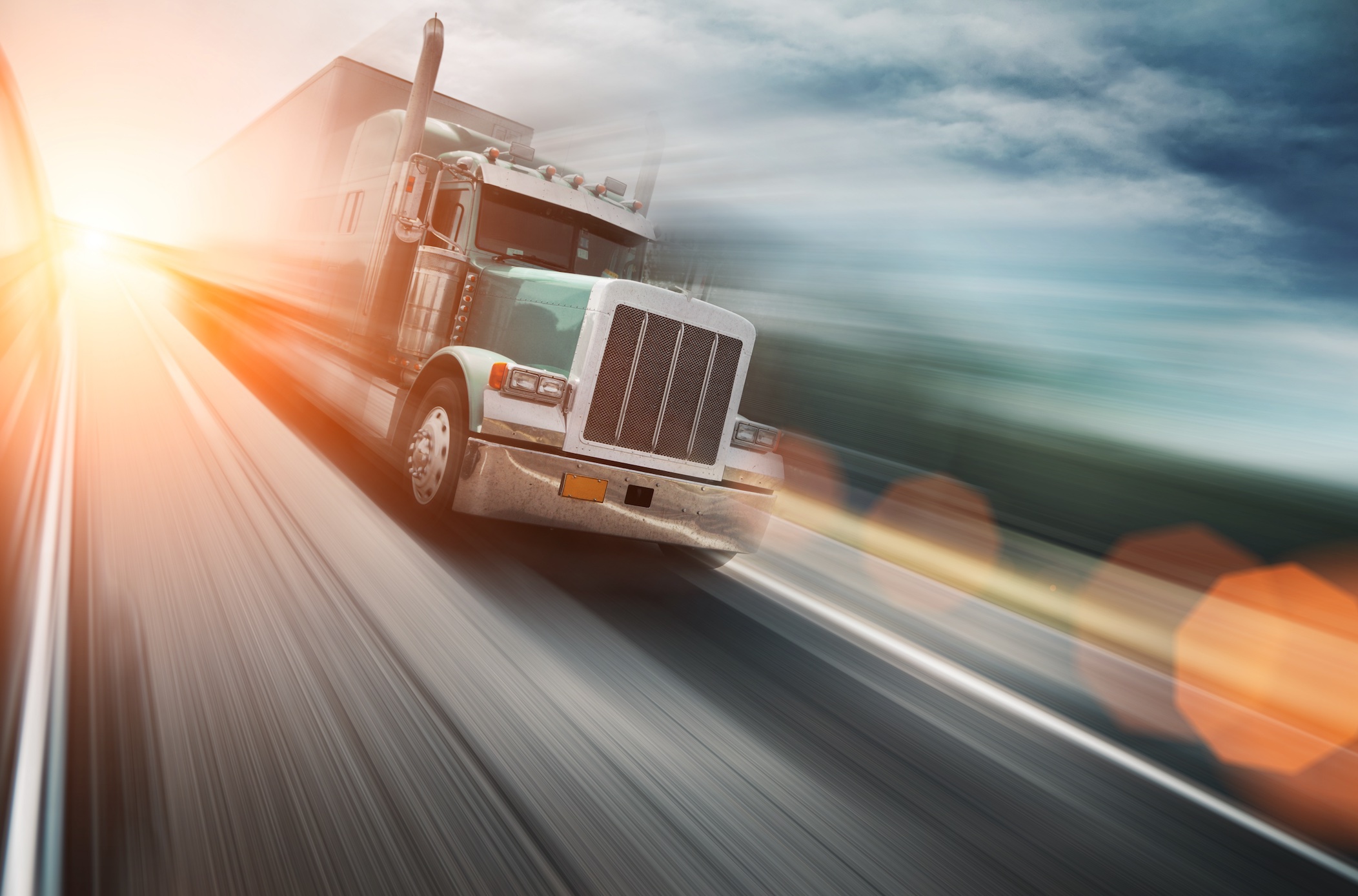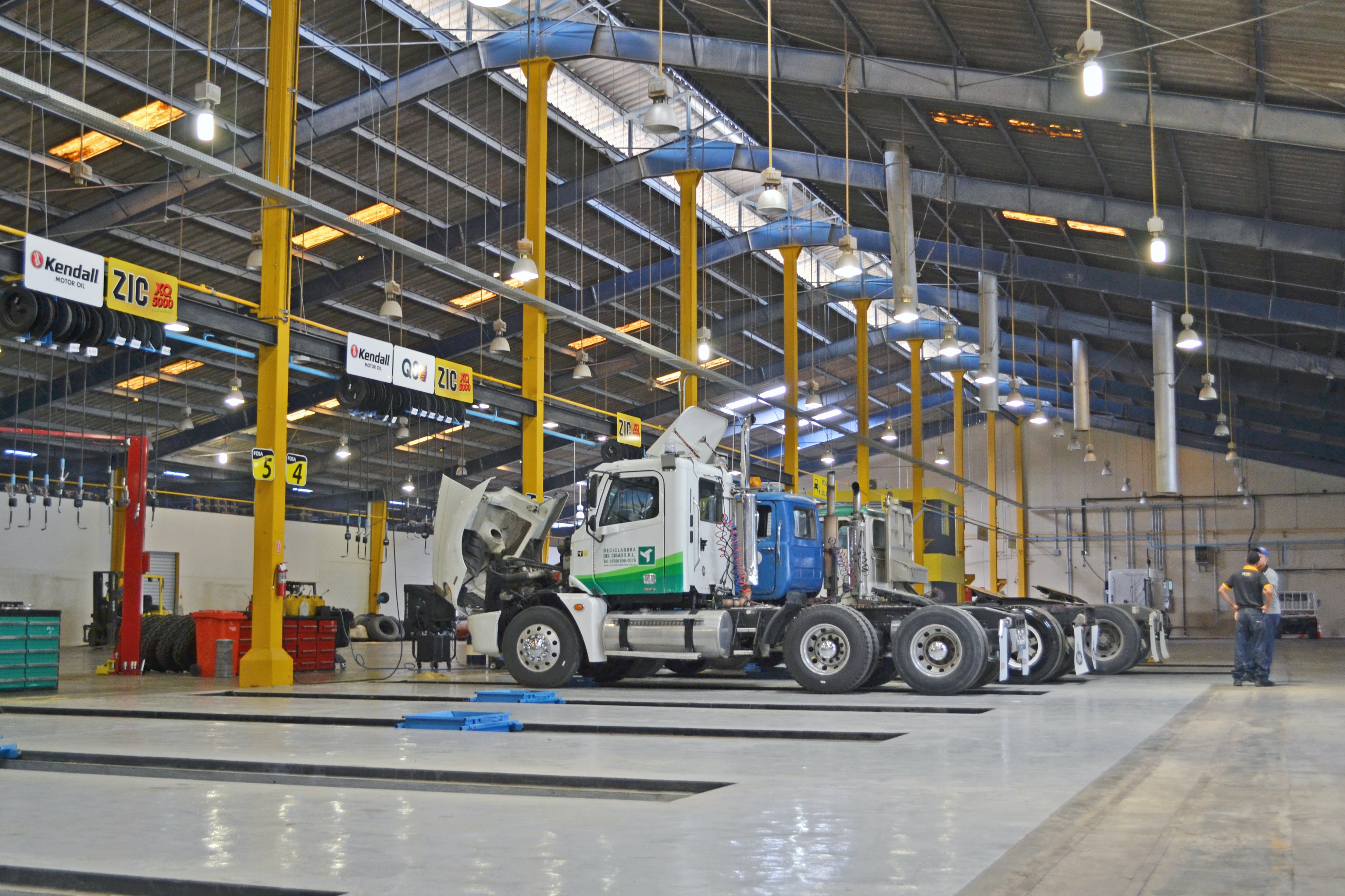When a truck tire breaks apart, tire debris can become a deadly projectile thrown through the air landing on vehicles, or causing dangerous conditions on the highway itself.
Truck maintenance is of great concern in the commercial carrier industry, as deviations in mechanical inspections and safety measures may lead to catastrophic injury and death to drivers sharing roadways with commercial trucks and tractor trailers, as well as big rig drivers themselves. The Federal Motor Carrier Safety Administration (FMCSA) has specific regulations governing driver requirements to keep trucks safe and reduce roadway incidents require spot checking equipment before each trip. Talk to an experienced truck accident attorney if you think improper maintenance may have caused an accident. The equipment that must be checked before trips includes:
- Service brakes, including trailer-brake connections.
- Parking brakes.
- Lighting devices and reflectors.
- Steering mechanisms.
- Horn.
- Tires – it is common for a truck to lose a tire, or for tread to break apart.
- Windshield wipers.
- Coupling devices.
- Wheels and rims.
- Rear mirror.
- Emergency notification markers and equipment.
Tire and wheel danger
Due to wear and tear and changes in roadway conditions regarding extreme cold and heat, vulnerable components on a truck are the wheels and tires, further stressed by the type and weight of cargo loads they must support. FMCSA has specific requirements for tire maintenance of commercial carriers. Flying tires and tread separation accidents occur with some frequency, and the size discrepancy between a passenger vehicle and a semi-tractor trailer tire or wheel can lead to catastrophic injury and death when a rapidly moving tire or wheel component strikes another vehicle or individual on a roadway. Commercial motor vehicles, including tractor trailers, have significant safety impacts on Indiana’s roadways, since they travel more than 9.5 billion miles annually. An Indiana truck accident attorney can identify lapses in maintenance that may shift fault onto other parties besides a truck driver.
Loose tire injuries

When a truck tire breaks apart, tire debris can become a deadly projectile thrown through the air landing on vehicles, or causing dangerous conditions on the highway itself, leading drivers to swerve and lose control of their vehicles. Conditions that may cause a truck tire to break or come loose include:
- Under-inflation,
- Tread burn,
- Tread separation,
- Spare tire use,
- Problems with the wheel, or rim.
Insurance
Indiana is a “fault,” state with regard to auto accidents, and requires drivers to carry a minimum amount of property damage and liability auto insurance. Accident victims have the right to pursue a personal injury, or property damage claim against an at-fault driver. This is referred to as filing a “third-party” claim. The State of Indiana follows the modified comparative negligence rule, where an individual recovers damages if they are 50% or less at fault for an accident.
Liability for wheel separation accidents
A truck accident lawyer in Indiana can help identify possible defendants when a truck wheel, or truck tire, or other maintenance problem causes an injury on Indiana roadways and those parties include a:
- Truck driver who failed to inspect tires.
- Truck owner did not provide wheel and tire maintenance.
- Tire manufacturer in cases of tire defects.
Seek legal counsel
When accidental injury, property damage and/or loss of life occurs because of a flying tire or wheel component, an accident victim will need to hire an experienced truck accident attorney, who is familiar with industry standards and laws, to investigate and prove liability for the accident.
Sources:
https://www.fmcsa.dot.gov/regulations/title49/section/393.75
Federal Motor Carrier Safety Administration (dot.gov)
https://www.nhtsa.gov/research-data/fatality-analysis-reporting-system-fars
https://www.in.gov/indot/2469.htm


Join the conversation!